We All Have a Part in It
Life is a collection of stories inside of a story. We all write our part of the story. The most important character in this story is the same as the Author. They are one in the same.
Today is Christmas. The celebration of the birth of Jesus. The most important character in the story of life.
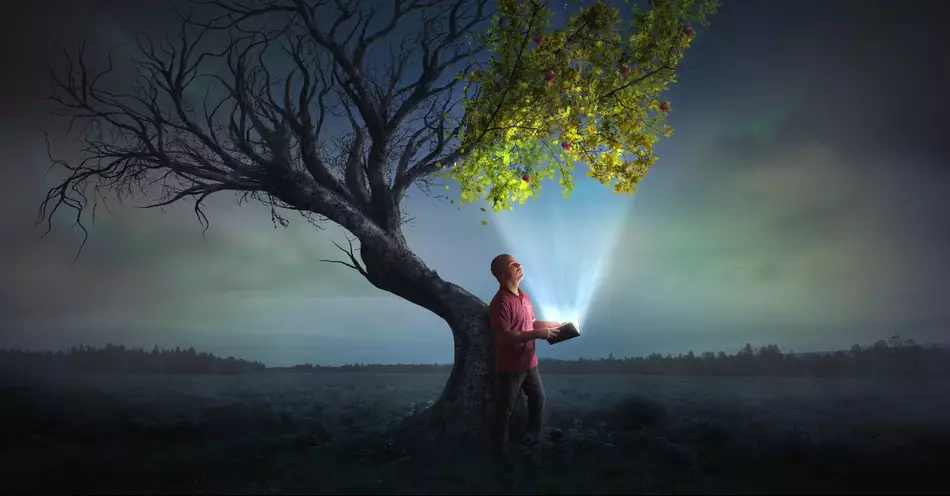
The Bible is often called the Living Word of God. In Hebrews 4:12 it says, “God’s word is alive and powerful!”
We’re all a part of this living story being written daily.
We all play a part in writing the story. This is where things can go sideways. Too often we forget or neglect to check with the Author before we start writing. This leads to unnecessary struggles.
We saw the Israelites write like this over and over. They would write the story the way they wanted to and would end up paying the price. God would point this out to them multiple times. Then they would change their story to be aligned with His.
In Isaiah 9:1-7 they have been going through one of those times where they were paying for their writing.
Then they’re introduced to the main character in the story.
“For a child is born to us,
a son is given to us.
The government will rest on his shoulders.
And he will be called:
Wonderful Counselor, Mighty God,
Everlasting Father, Prince of Peace.” (Verse 6)

Life can be hard. It doesn’t always go the way we would like.
We want life to be quick and easy. We don’t want to go through the tough difficult things. This is where aligning our writing with the Author will help us through.
Back to the introduction of the main character.
When Jesus was born the shepherds were nearby guarding their flocks. Shepherds were considered to be the lowest of the low. But, that night they were visited by an angel. They were told of the birth of Jesus, the Savior, the Messiah, the Lord.

Suddenly, the angel was joined by a vast host of others—the armies of heaven—praising God and saying,
“Glory to God in highest heaven,
and peace on earth to those with whom God is pleased.”
When the angels had returned to heaven, the shepherds said to each other, “Let’s go to Bethlehem! Let’s see this thing that has happened, which the Lord has told us about.”
They hurried to the village and found Mary and Joseph. And there was the baby, lying in the manger. After seeing him, the shepherds told everyone what had happened and what the angel had said to them about this child. All who heard the shepherds’ story were astonished…
20 The shepherds went back to their flocks, glorifying and praising God for all they had heard and seen. It was just as the angel had told them.
Even though the shepherds didn’t hold a high place in society, they shared the story with others.
We should glorify and praise God and share the story of Jesus with others.
Too much of the time we get caught up in what the world thinks. This is upside down thinking. In 1 Corinthians 1:26-28, Paul tells us to remember the people of this world don’t think that many of you are wise, and not many of you come from important families.
But God chose the foolish things of this world to put the wise to shame. He chose the weak things of this world to put the powerful to shame.
What the world thinks is worthless, useless, and nothing at all is what God has used to destroy what the world considers important.
Remember to celebrate the Main Character of Life’s story.
Write your story with Jesus as the Main Character.







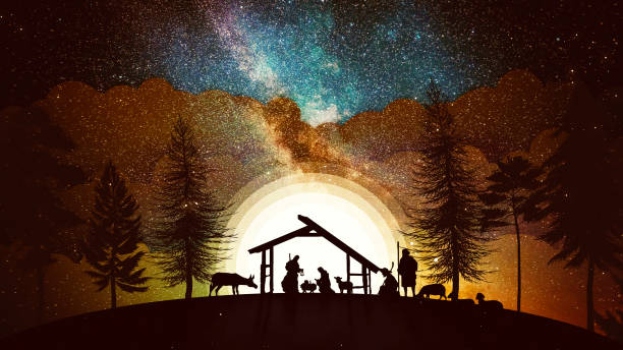


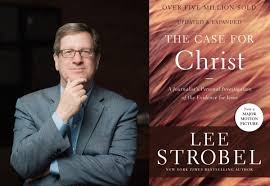
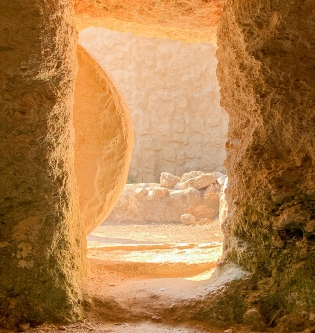





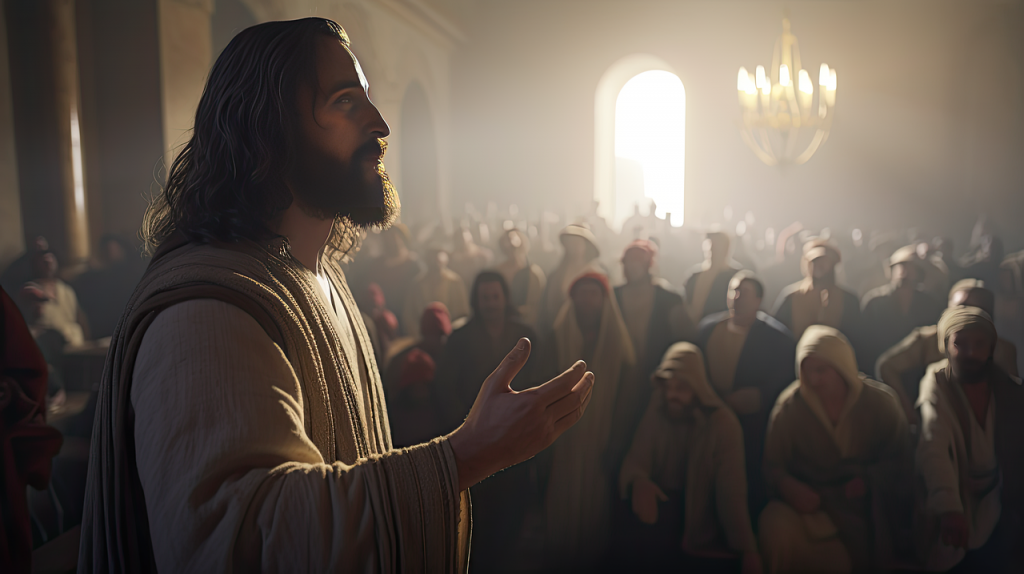


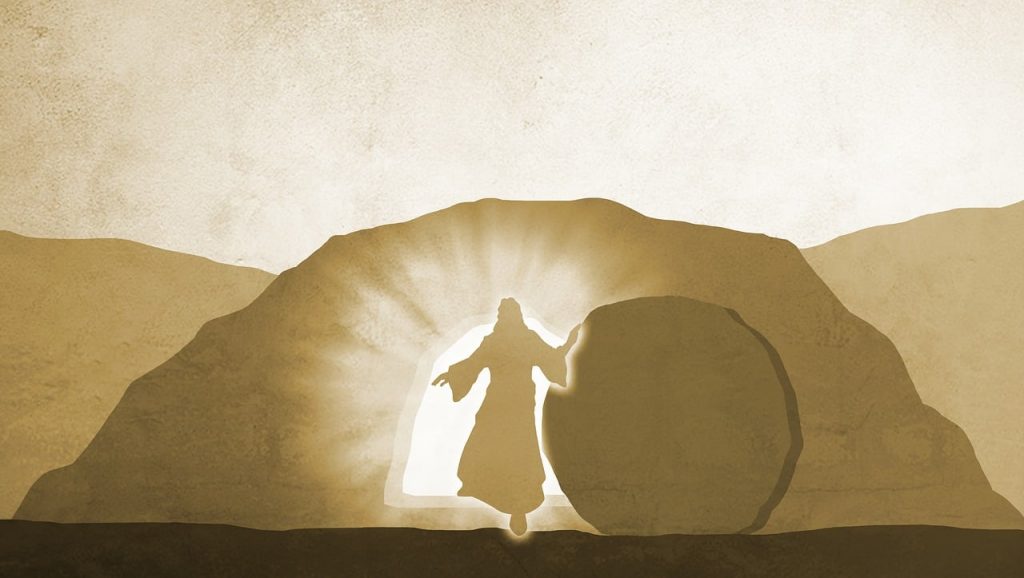















 The first you are probably familiar with; it’s the story of
The first you are probably familiar with; it’s the story of  The other story that he told was less popular. It’s a story about a Mexican priest,
The other story that he told was less popular. It’s a story about a Mexican priest, 